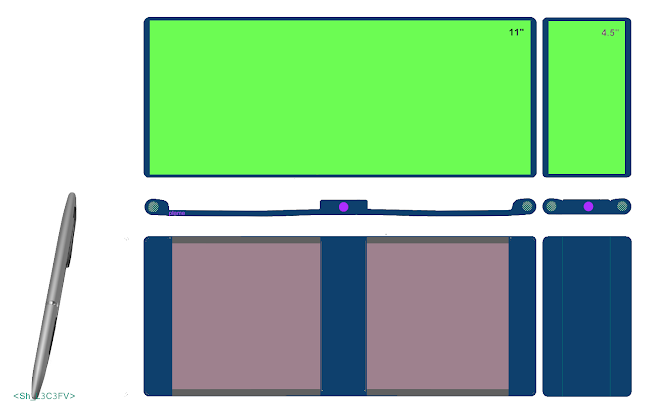I think smartphones have plateaued. The iPhone 5 and Nexus 4, and Nokia Lumia 920, pretty much all do the same thing very good at the end of the day. Each phone, can text, e-mail, surf the web, give you GPS navigation, pretty much the same.
Sure us hardcore nerds can spot the differences in each OS, but to the average smartphone user, there truly isn't radical difference between each of the three top OS's.
What else can truly be done on a smartphone that isn't being done already, by any of the big 3 ? Sure they will get faster, thinner, better screens, etc...but to me all smartphones seem to have reached a limit.
An iPhone 5 or Nexus 4, can do pretty much anything right now. What would a iPhone 6 or Nexus 5 really add to the game, over the current phones ? What's the next major breakthrough that none of these phones have yet ?
Sure us hardcore nerds can spot the differences in each OS, but to the average smartphone user, there truly isn't radical difference between each of the three top OS's.
What else can truly be done on a smartphone that isn't being done already, by any of the big 3 ? Sure they will get faster, thinner, better screens, etc...but to me all smartphones seem to have reached a limit.
An iPhone 5 or Nexus 4, can do pretty much anything right now. What would a iPhone 6 or Nexus 5 really add to the game, over the current phones ? What's the next major breakthrough that none of these phones have yet ?
![[H]ard|Forum](/styles/hardforum/xenforo/logo_dark.png)
